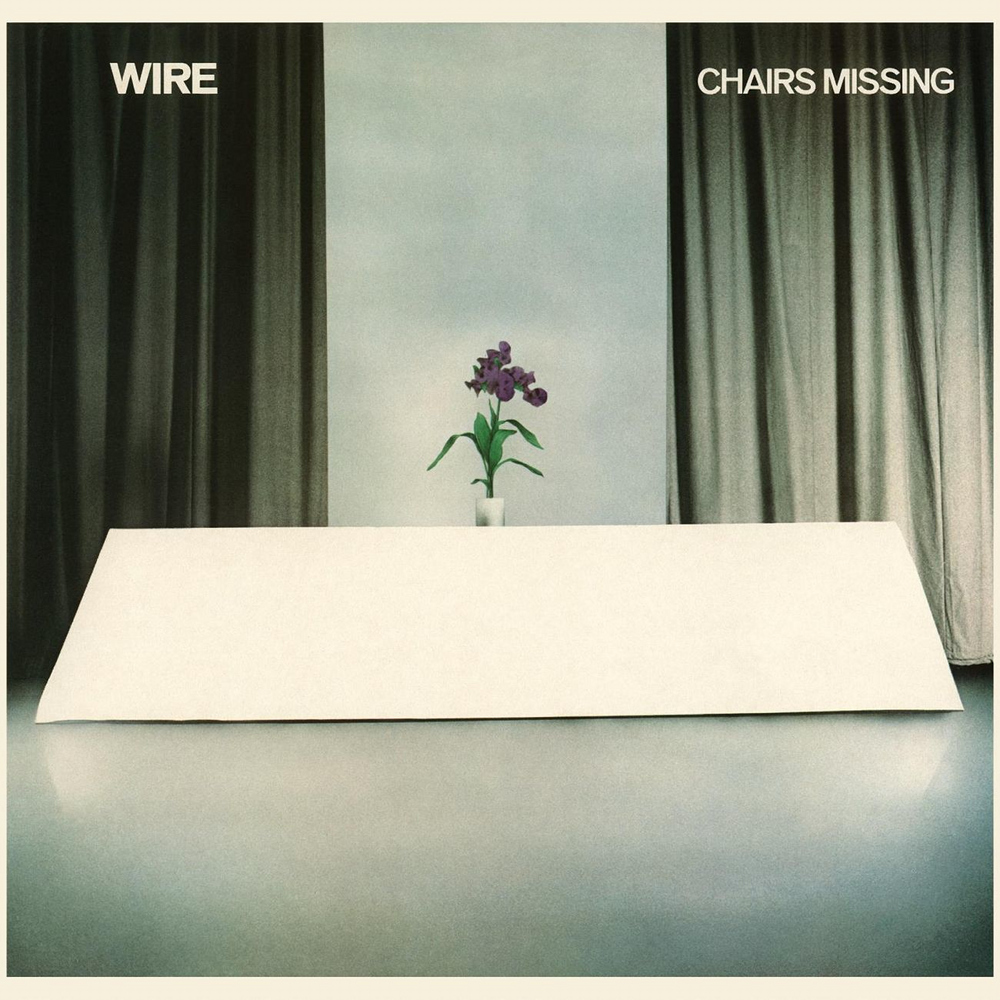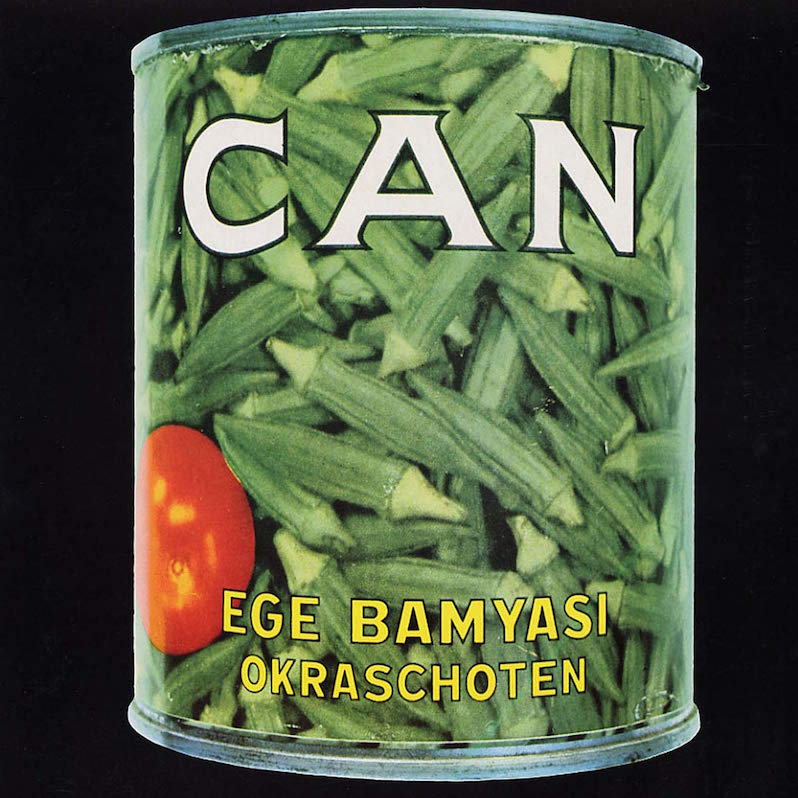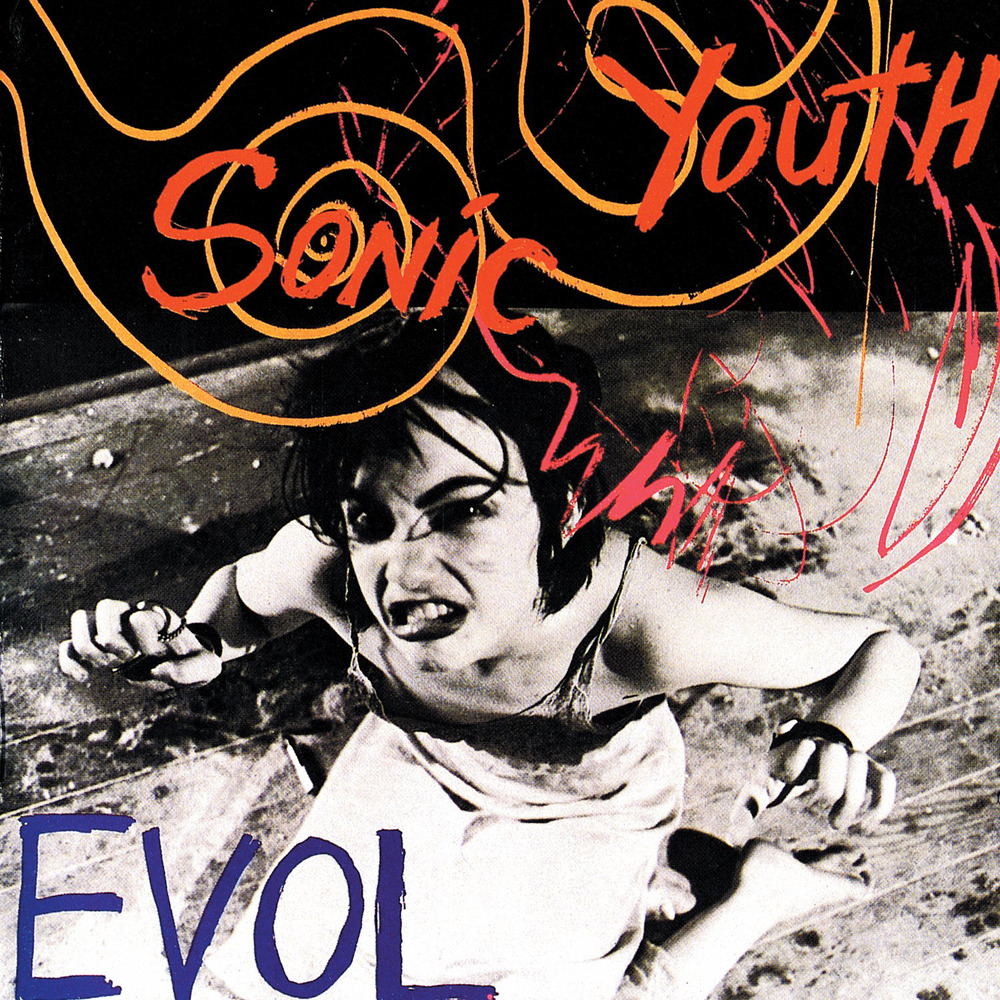The Fall : This Nation’s Saving Grace

Mark E. Smith’s reputation is one of a mercurial frontman and a difficult personality. He’s the only member of The Fall to have remained in the band since its founding. The lineup has changed so many times, it’s been a completely different band several times over, lending credence to his quip that if it’s “me and your granny on bongos,” it’s still The Fall. Smith, in other words, is The Fall. It’s his songs that drive the band’s albums. It’s his cantankerous and garbled delivery that sets them apart. Musically, however, the band was always traveling in an exciting direction, playing jangly post-punk on early records like Live From the Witch Trials, and on up to the ’00s, taking on glam-inspired, yet dirty stompers. Yet the band hit their stride in the mid-’80s during an era in which the band’s then-guitarist and Smith’s wife at the time Brix Smith began playing with the group and contributing songwriting. During this period, The Fall recorded several of their greatest albums, including The Wonderful and Frightening World of the Fall, Bend Sinister, and the album that has come to be known as the greatest of their career, This Nation’s Saving Grace.
This Nation’s Saving Grace marks a true high point for the band, mixing confident and strong musicianship with knockout songwriting. While the band had previously mastered the fine art of messy and dissonant post-punk chaos, this line-up had taken it to a more accessible realm, albeit one still arty and strongly independent. After a short instrumental in “Mansion,” the band brashly announces their presence with the explosive “Bombast.” As gruff and as confrontational as ever, Mark E. Smith shouts with venom, “Bastard! Idiot! Feel the wrath of my bombast!” over a loud and thoroughly rocking backing. And more of Smith’s random bursts of genius erupt in “Barmy,” where he declares, “Out of England I dream of its creamery/when I’m here I dwell on Saxony.“
Though by no means straightforward—as even simple Fall tracks never really are—”Spoilt Victorian Child” is full of rock ‘n’ roll swagger, propelled by Brix’s rockabilly jangle riffs and Mark’s sideways delivery, ultimately resulting in him spelling out “E-N-C-Y-C-L-O-pedia.” Yet “LA,” slightly mellower and darker, finds Mark E. showing an incredible amount of vocal restraint on this almost-instrumental track. Musically, it has a dark, synth-propelled groove, making it one of the most accessible tracks on the album, followed by one of the most abrasive—”Gut of the Quantifier,” a glam-inspired stomp with repeated cries of “stick it in the mud/stick it in the gut.” An almost rockabilly swing style drives “My New House,” another rollicking standout.
“Paint Work” is one of the strangest songs on the album, an acoustic track paired with sampled voices, an organ melody, a drum machine and Smith’s indecipherable mumbles. On “I Am Damo Suzuki,” the band pays tribute to Can frontman Damo Suzuki, borrowing melodies from the band and dropping references to their songs in the lyrics, such as “what have you got in that paper bag? Is it vitamin C?” As tributes go, it’s a bizarre one, but a stunningly executed one. The short, eerie “To NKroachment: Yarbles” closes off the album with a haunting bassline and bizarre layers of effects.
Cassette and CD versions expanded on this eleven-track version of the album, adding the rockabilly, Brix-sung “Vixen” and the melancholy jangler, “Petty Thief (Lout).” And in 1988, three singles released around the time of the album were tacked on to the tracklist: the careening punk rock death-ride “Couldn’t Get Ahead,” the ’50s-ish singalong “Rollin’ Dany,” and the awesome, abrasive rocker “Cruisers Creek.” These five tracks have become so inseparable from the original, that it’s easy to forget that they weren’t originally there, even if they’re must-haves.
Brix’s time in the band, like most members, didn’t last all that long, as she and Mark eventually got divorced. And as a result, Mark penned the vicious “Sing, Harpy!” in 1990. Smith never seemed like the right candidate for domesticity, after all. Throughout The Fall’s more than two-dozen studio albums, there are several that achieve a level of inspiration and execution on par with that of This Nation’s Saving Grace, but it’s still at the top of the pyramid, displaying the best that the post-punk legends had to offer.
Label: Beggars Banquet
Year: 1985
Similar Albums:
Jeff Terich is the founder and editor of Treble. He's been writing about music for 20 years and has been published at American Songwriter, Bandcamp Daily, Reverb, Spin, Stereogum, uDiscoverMusic, VinylMePlease and some others that he's forgetting right now. He's still not tired of it.




